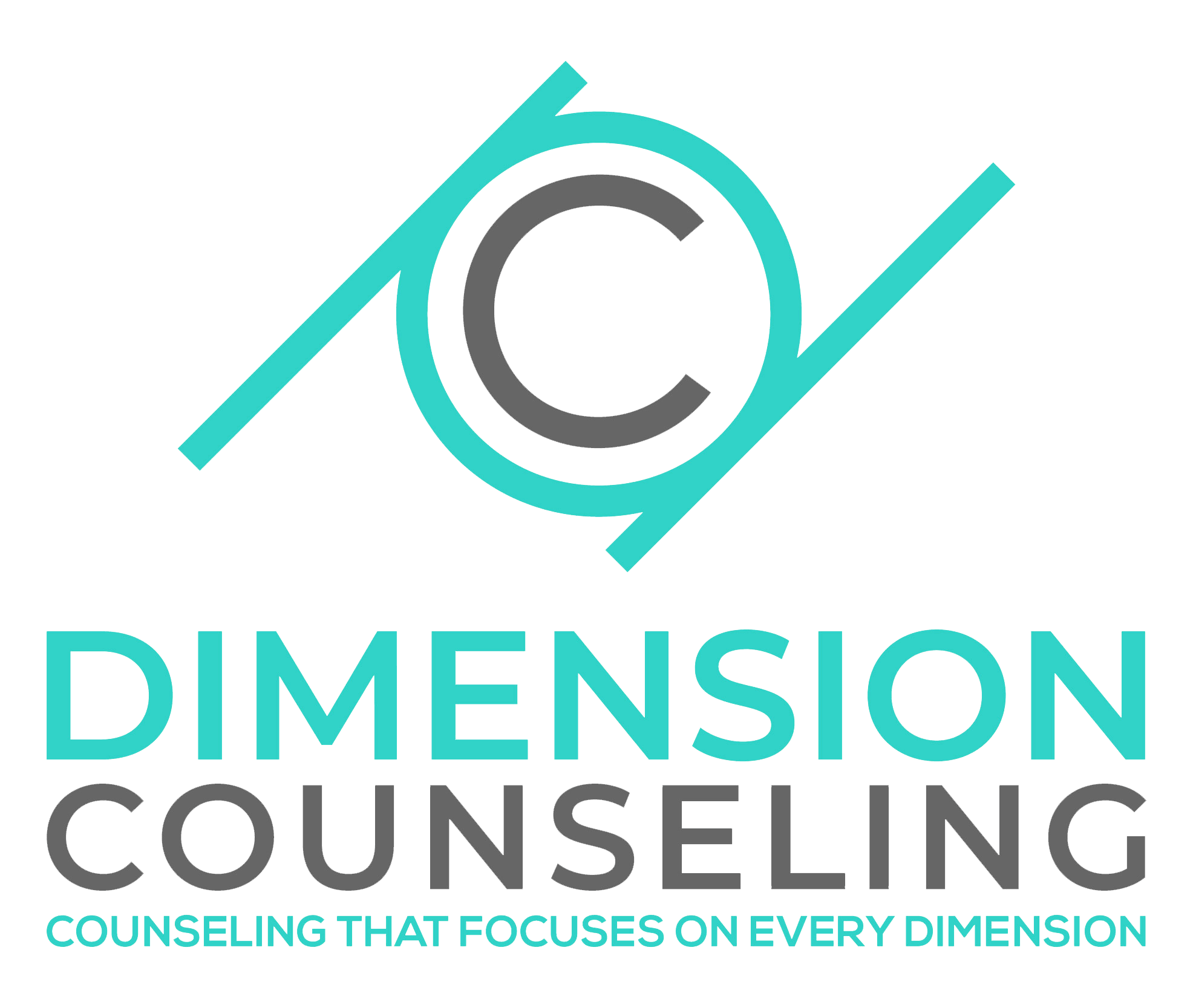
Self-care for Caregivers and Future Planning Support
Are you a full-time or part-time Caregiver for your parent, spouse or someone else you are close to? How are you doing? Is every day the same? Do you have a routine setup that you feel is working well, it is efficient and you are making it through the day? Are you falling into bed bone tired and hoping the night will have only a couple of wake up calls, besides your own bathroom breaks. How long can you do this? How long will you need to do this? How are you doing?
I have been in your shoes in two different ways. I went to support my own Mom as she cared for my Father in another state as she needed to have some surgery done. I apologize to my Mom right now and have to her personally because I had no idea what a Saint she was! Taking care of someone she has loved for over 50 years, who was losing his ability to care for himself.
You know what I’m talking about if you are a Caregiver. Dad got to the point where he couldn’t dress himself, shave himself, wipe himself or entertain himself. He would sleep much of the day and would keep Mom awake off and on throughout the night. And on top of it all – when he did try to do something for himself – he was a constant fall risk. This all happened gradually, and then more quickly – if you are a Caregiver, again this will make sense to you. But you don’t always realize how far it has gone, until you get away for a minute or someone you trust speaks up.
Mom had a routine that got her through the day getting both of their needs met, physical needs that is. And I did my best to follow that routine and was so thankful when she got home to take over again, even after only an hour or two. As I was flying home to Indiana, I wondered how she kept herself from going crazy and her mind from going to mush. You know what I realized? She wasn’t. She couldn’t. I didn’t want to believe this, because it was Dad. And I couldn’t do anything about it anyway, right? Or could I.
Even the things that she attempted to do to get them out of the house were a challenge and wore them both out. Going to restaurants became impossible as Dad’s needs became more of a challenge. Going to church, something they had shared all of their lives together, stopped, because as soon as they got there, Dad was uncomfortable and anxious. Driving was a challenge when they were together, because even though Dad could not see due to a progressive eye disease, he was still a backseat driver. And then Dad progressed to having hallucinations – which in moments of clarity he knew were not true. The highlights of their days were becoming a nap in the morning and riding around on their property.
So my husband and I retired and went out to support Mom. With encouragement she went out twice a week to play tennis and started reconnecting with some friends. Mom began to get some time away to refresh herself.
I truly believe this time with friends and support helped her begin to come out of her depression and realize that it was okay to want and need help–even if and when Dad didn’t want anyone but her. And when Dad became such a fall risk that it was dangerous for him to stay at home any longer, Mom, with support was able to move him to Memory care. Did she do it alone-No. was she happy or even okay with the decision-No. Did any of us want this to happen to our Father – No. Did we all feel terrible guilt, YES. But, and this is important, Dad was safer and she was no longer a living sacrifice.
It is so important to take care of Yourself as our family story, as painful as it is for me to tell, poignantly points out. If you do not take care of YOU, the Caregiver, many things begin to happen. You begin to shrink your world, you begin to turn down support that is offered to you, you may give up your supportive circle of friends or your church family.
You even begin to keep things secret in some ways and you don’t want your children or even your friends to know how bad things are getting. You begin not reaching out and when you do you aren’t able to share how it is going or how you feel. When this happens, and it will, you become depressed. You begin to lose creative energy. You begin to become a different person. You begin to feel you should do more, when you are already doing everything that you can, giving every minute that you can. What more could you do – what more is there?
Are you depressed now? This is not uncommon and in fact it is a natural progression. Most people are social beings and isolation is not a natural thing for us. Saying you are not alone because you are taking care of someone everyday, does not count, when they begin to lose the ability to see outside of the small safe zone that you both have created. But it does not have to be this way.
Let’s talk about some things that you can do. And believe me when I say, I know that these things are not easy, without some changes and those changes are challenges that take energy – which you may not have right now. So think about it – and start with a list or journal your thoughts. This can be difficult to start. Do not let guilt color what you put into this list or journal – because this is going to help you be a better caregiver because you are going to take care of yourself.
Journal
- How has your life gradually changed (you may not even realize how much until you begin to make some notes.)
- What activities have you stopped doing as a couple
- What activities have you stopped as an individual
- Are you in survival mode – how – list your daily routine
- What activities are you doing that brings you happiness, pleasure
- How do you feel about these changes – put the emotion by each item
- Are you empty
- Are you sad
- Are you angry
- Are you tired
- Are you ______ – you fill in the blank
- What would you like to change
- Time for yourself daily
- Extra special time for yourself weekly
- Allow friends back into your routines
- Who are possible resources
- Other family members – don’t forget younger ones also
- They do not get to opt out – even an hour here and there is helpful
- Friends
- Let them visit or give you a brief respite
- Church family
- Ask for and encourage visits
- Pay for time away – there are excellent agencies now who do not require contracts and can come for a few hours a week or more if you need it – and it is money well spent and not as expensive as you may believe.
- Other family members – don’t forget younger ones also
- What are some possible things you could do with your found time
- Go to a craft activity at a local craft store
- Do some on-line Yoga with a friend
- Go out for lunch or coffee
- Go for a walk in a nearby park
Then most of all, begin to do some Plan B work. You may need to go to a therapist or counselor who specializes in support for caregivers. This way you would have a neutral person to talk to about what options you have if Plan A – bringing in help and support, begins to stop working.
Remember how I talked about Dad beginning to get worse, Mom really couldn’t see this she was so focused on staying in her routines and getting through the day. She wasn’t avoiding what was in front of her – she honestly was in survival mode and getting through each day. But when she took some time away, went to see her brothers, talked to her friends, she began to realize that Dad was not safe at home any longer with her being the primary caretaker. She did have someone come into the home for a few hours a week before we came out, but Dad always wanted her. And she realized that her own health was slipping.
When I helped my Dad shower and dress, I could not see how she could physically do this much longer. It was a very hard conversation for us to have as we both cried and were grieving past experiences, but those experiences were not the current reality. Dad kept falling, Dad kept her awake at night, Dad was getting more anxious and frustrated himself.
You will need to do some backup planning. We all want our loved one to be able to stay at home and pass away peacefully in their sleep – and it is what they want. And we begin to feel guilty when this doesn’t happen. It is natural to wonder, how long can I do this? Or begin to question your faith and even your beliefs. The honest truth is that aging takes longer now, and the body and sometimes your loved ones mind can not keep up with the process. So again…
- Go to a therapist to talk it out
- Begin some back up planning
- Trust that you can talk it out
- Make some routine changes at your own pace
- Sleep in different beds and even better-different rooms
- Have a small pet who can give you some love and is low maintenance
- Many long to have that closeness that they once had with their loved one
- Be willing to look at all of your options.
- This is difficult to do by yourself. Seek the support of someone you trust
- Love yourself. If you do not you will have nothing left to give.
Ola Smith, LMFT – Dimension Counseling LLC, dimensioncounseling.com

Ola Smith, LMFT
(317) 376-8669 | olacounseling@gmail.com